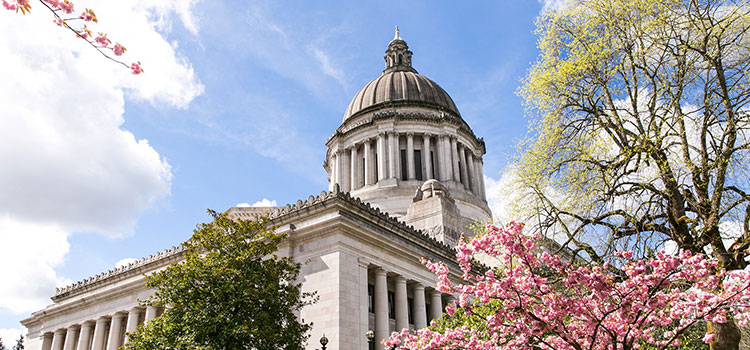The 2017 Washington State legislative session is right around the corner. The 2016 session wrought very little successful cannabis legislation, so advocacy groups are getting ready for what they hope will be a productive session in 2017.
One of those groups is The Cannabis Alliance, a member-based organization whose mission is to advance a sustainable, vital and ethical cannabis industry in Washington State. Their 2017 legislative agenda, compiled from their members, seeks to move the state a little closer to that goal.
“We tried to make sure we listened to our members, and our 2017 legislative focus covered a cross section of the cannabis community. These aren’t all of our concerns, things like inconsistent Liquor Control Board enforcement and the lack of uniformity around testing, are also concerns, but these are items that we think need addressing in the legislature this year,” said Danielle Rosellison, president of The Cannabis Alliance.
Here is a quick run-down of where the Alliance will be focusing its efforts this year in Olympia:
Treat cannabis as an agricultural commodity
By recognizing cannabis for what it is, an agricultural commodity, thus deserving a commodity commission, Washington will take a big step toward normalizing cannabis. The Alliance believes this normalization may help alleviate some of the zoning problems cannabis has in Washington. It will also open up traditional farming resources, promote research, foster fair trade practices and increase environmental sustainability in the cannabis industry.
Cannabis consumption clubs
These businesses, when well-regulated, have great potential for tapping into the cannabis tourist market, which will bring in more tax revenue to the state. The Cannabis Alliance believes this upgrade to the state’s cannabis regulations could possibly open the door to minority owners who at the moment are not well represented in the cannabis industry as a whole, as cited in a recent Crosscut article. Another benefit of Consumption clubs is they will provide medical cannabis patients who may have housing restrictions on consuming cannabis a place to medicate.
Lower taxes on medical cannabis patients
Under the state’s new controversial MMJ restrictions, medical cannabis patients are paying a 37% excise tax for their medicine — the highest of any legalized state. The Alliance believes this is far too high and sees the high taxes as a humanitarian issue. They believe lowering the excise tax would benefit the many suffering medical cannabis patients in Washington.
